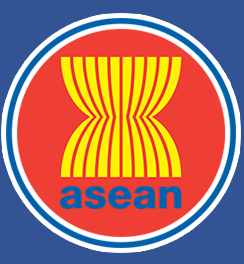ASEAN Journal on Science and Technology for Development
Abstract
The knowledge and research on SMEs and Halal-related studies in Brunei Darussalam are scant. Guided by the principles of Resource-Based View theory, this qualitative study aims to identify the benefits and challenges of Halal certificate application from the perspectives of Bruneian Halal food SMEs, as they obtain the Brunei’s Halal certificate and label. Based on the purposive and snowball sampling, four semi-structured interviews were conducted with business owners and managers in the Halal food industry. Government officials were also in-terviewed to enhance the findings. Thematic analysis, supplemented by secondary data, was employed for a comprehensive understanding. Four themes emerged, covering two benefits and two challenges. The primary benefits include the gaining of government support and con-sumers’ trust and satisfaction. Conversely, the main challenges include a time-consuming certification process and limited international recognition of the Halal logo. This study con-tributes to a deeper understanding of the country’s capabilities in the Halal industry and ad-vances the landscape of SME research. Implications for SMEs, policymakers, and academic scholars, along with limitations, are also discussed. To the best of the authors’ knowledge, this study is among the first to investigate the Halal food industry in Brunei Darussalam, par-ticularly in the field of Halal certification. This study’s value also lies in addressing the gap that there is a need to study SMEs’ perspectives towards the Halal certification, including in Brunei Darussalam.
Keywords
Benefits and challenges, Halal certificate application, Halal food SMEs, Halal food industry, Halal certificate and label, Halal certification, Brunei Darussalam.
Publication Date
2024
Received Date
23-Oct-2023
Revised Date
2-Jan-2024
Accepted Date
28-Feb-2024
Recommended Citation
Ismail, Kamariah; Shahlehi, Syahnur Farhana Haji; and Shaya, Vivi Nabilah
(2024)
"SMEs’ Perspectives on the Benefits and Challenges of Halal Certificate Application in Brunei Darussalam,"
ASEAN Journal on Science and Technology for Development: Vol. 41:
No.
1, Article 3.
DOI: https://doi.org/10.61931/2224-9028.1557
Available at:
https://ajstd.ubd.edu.bn/journal/vol41/iss1/3

